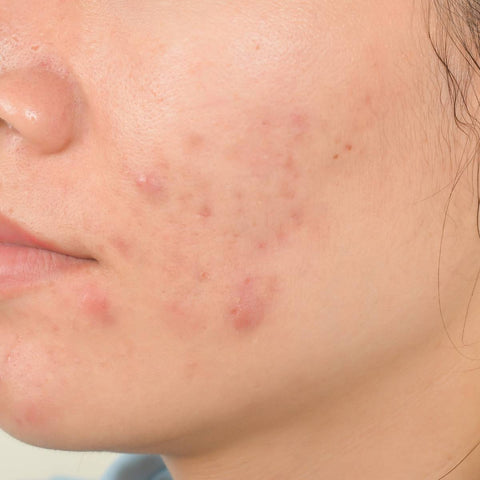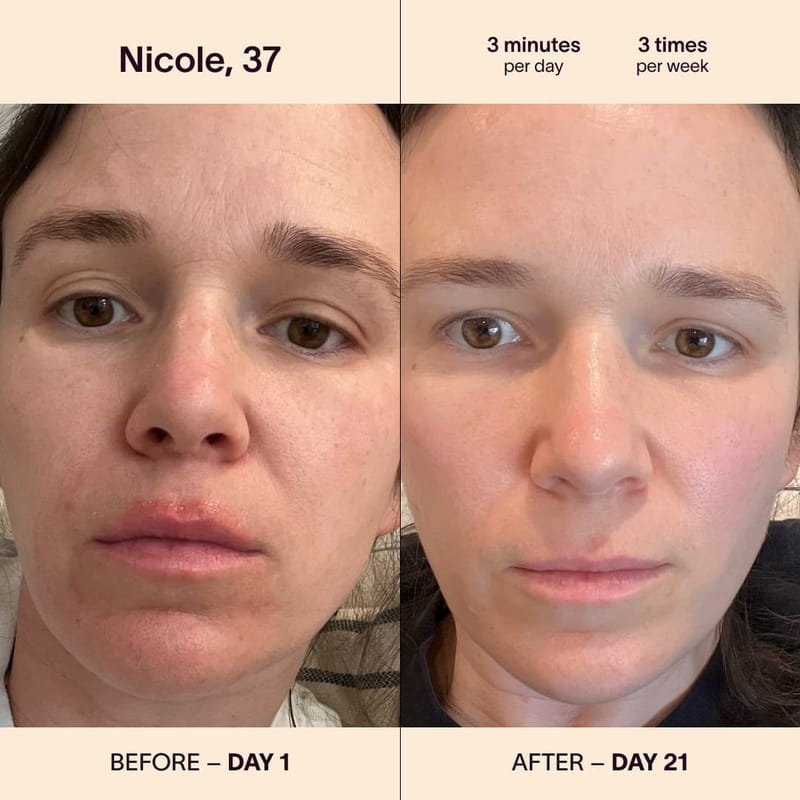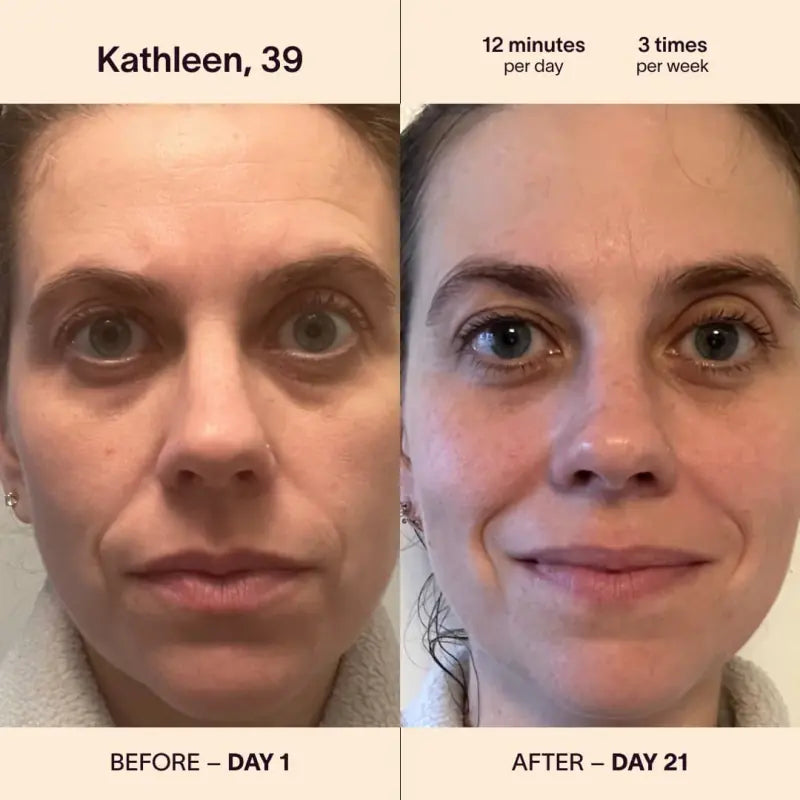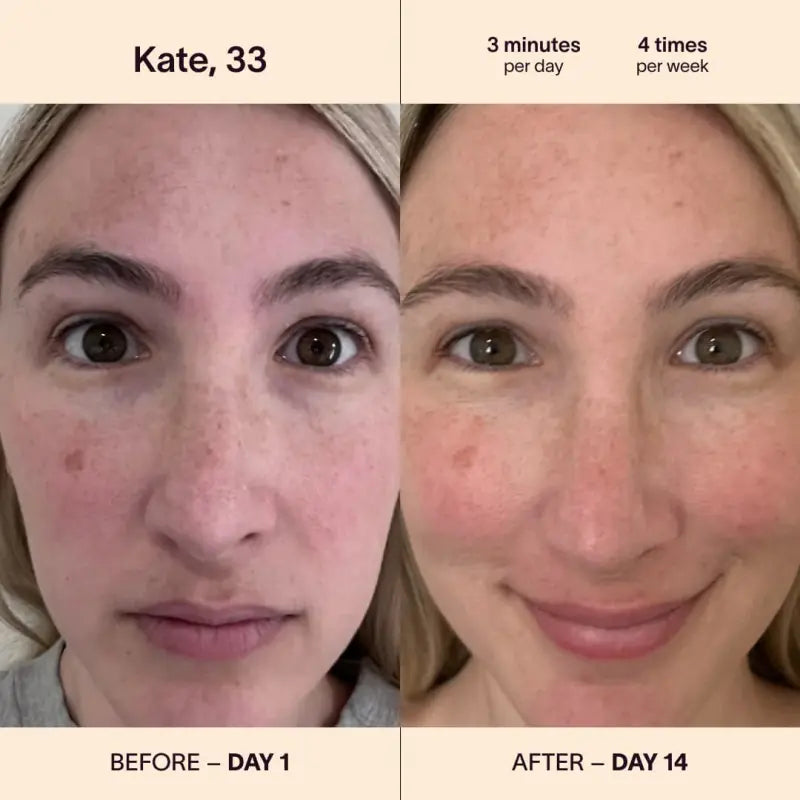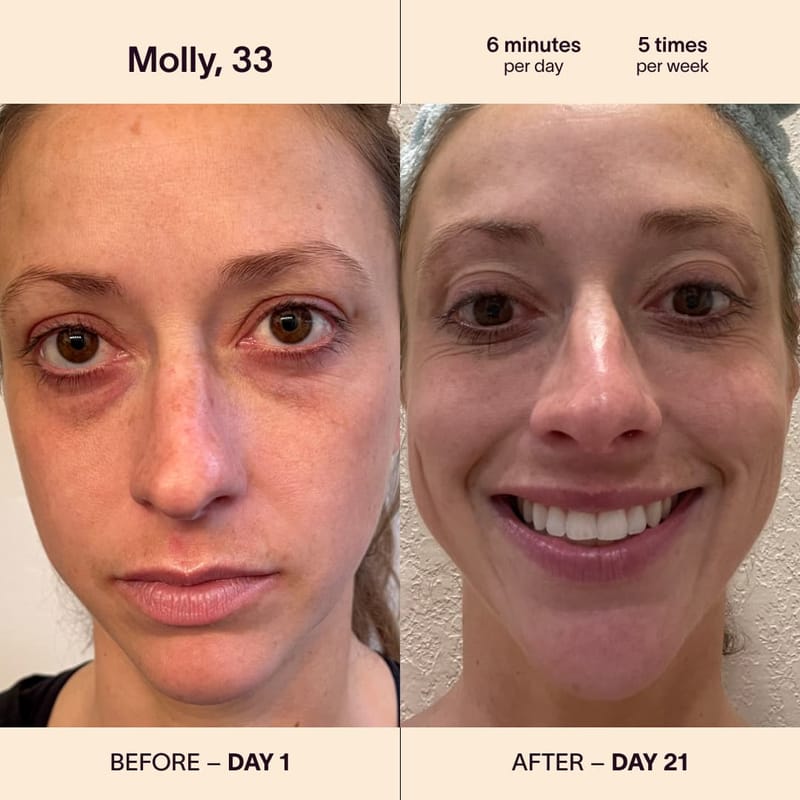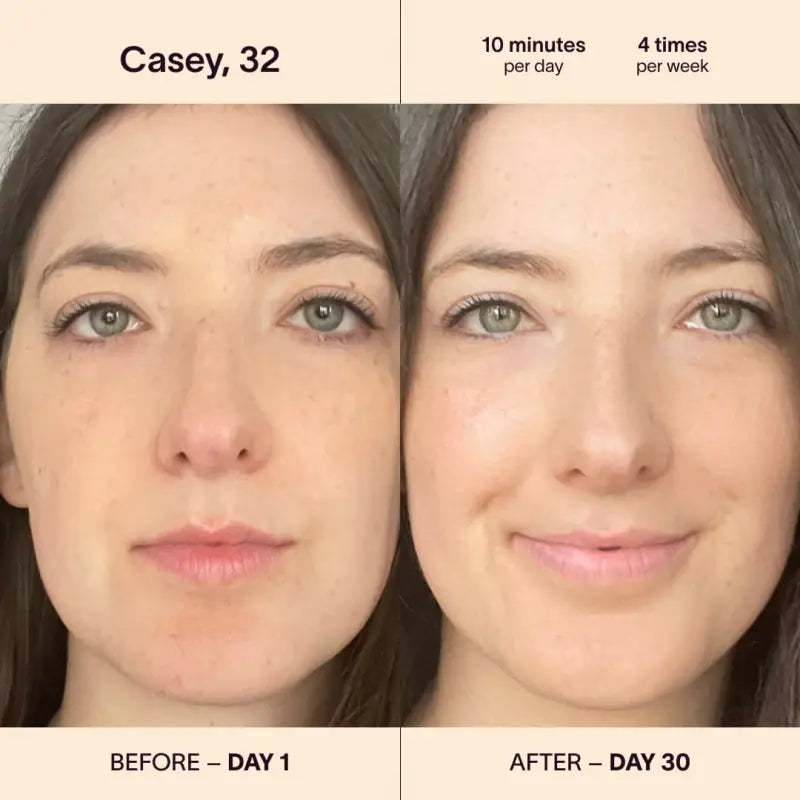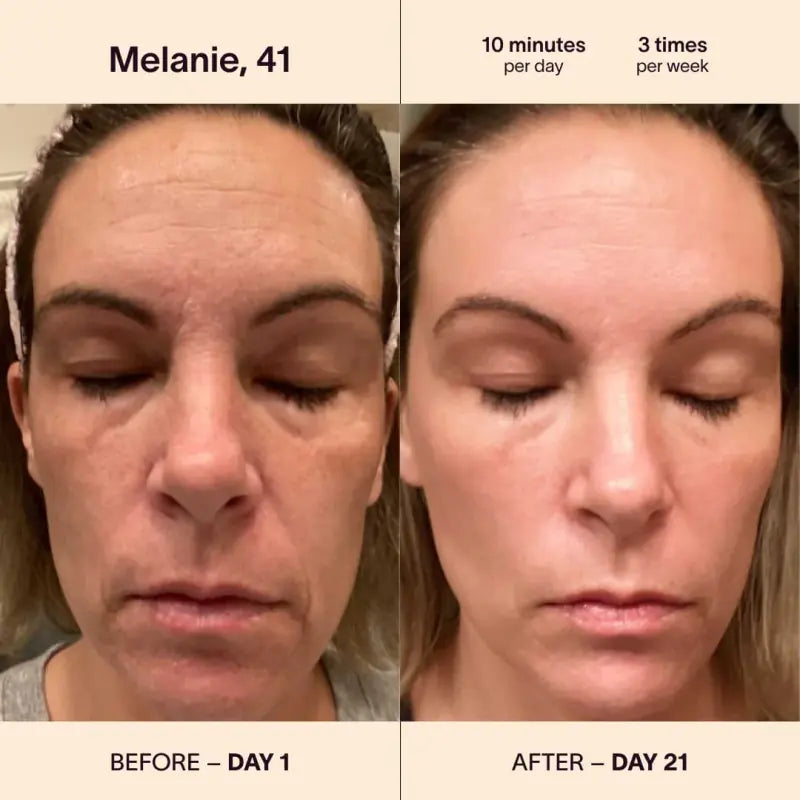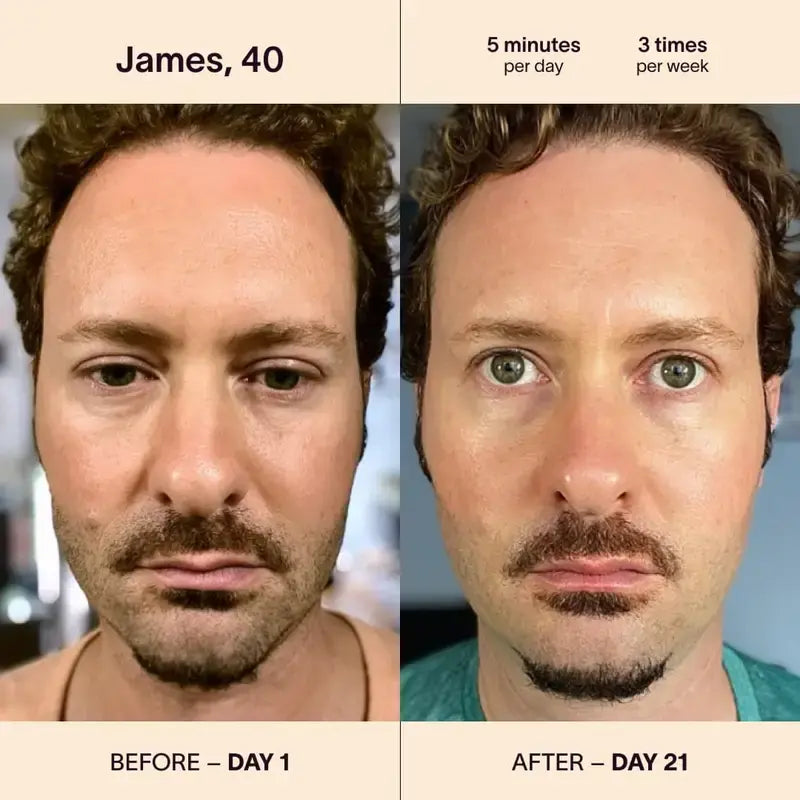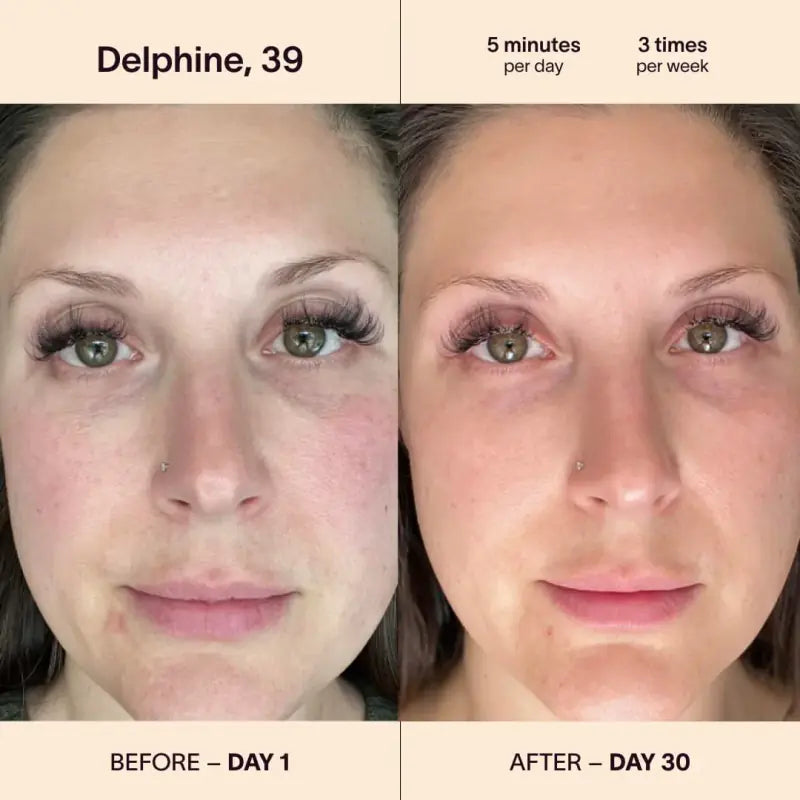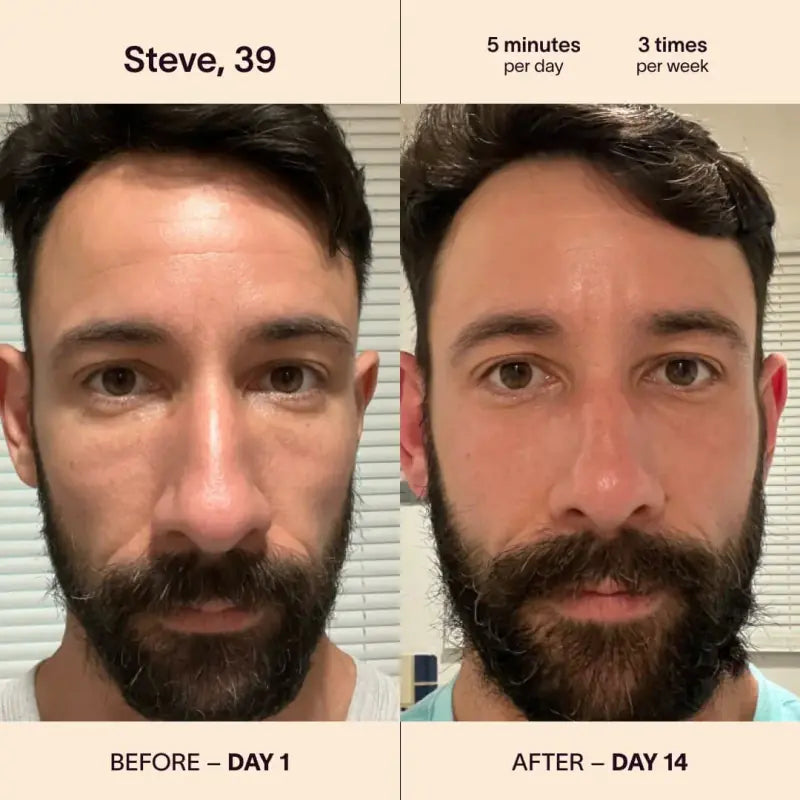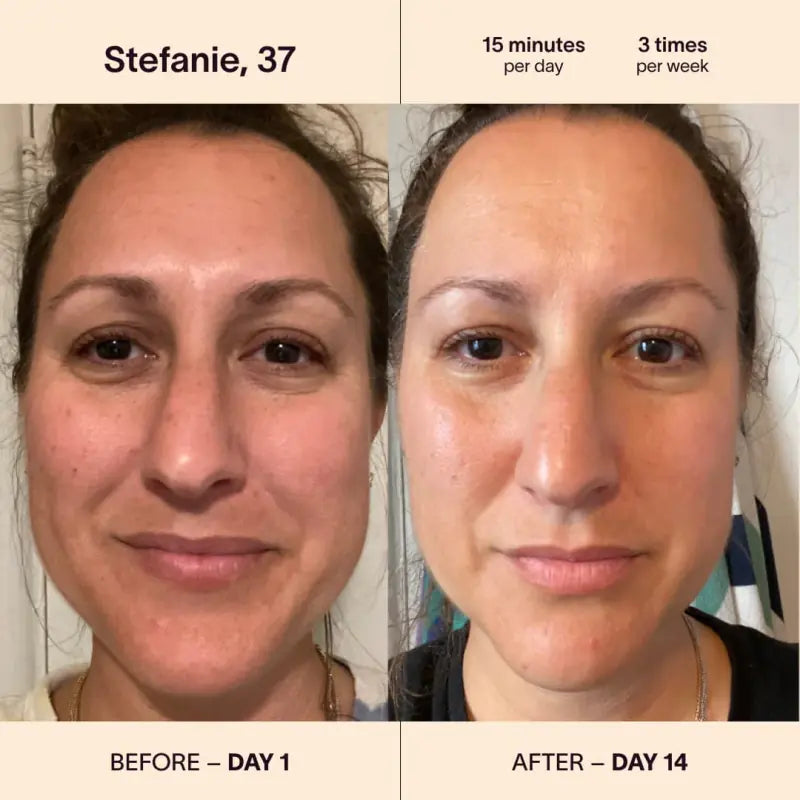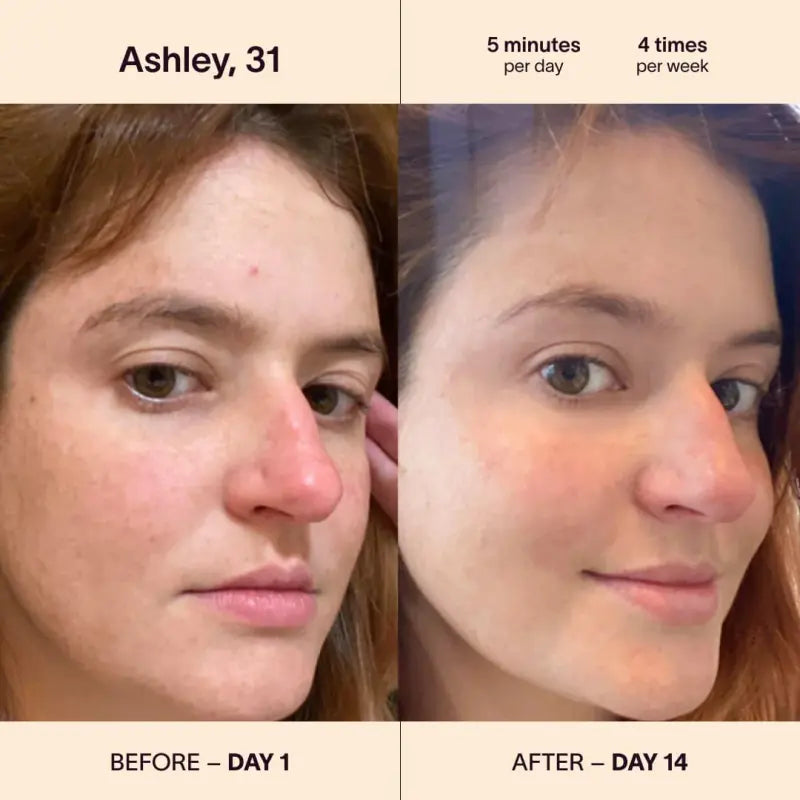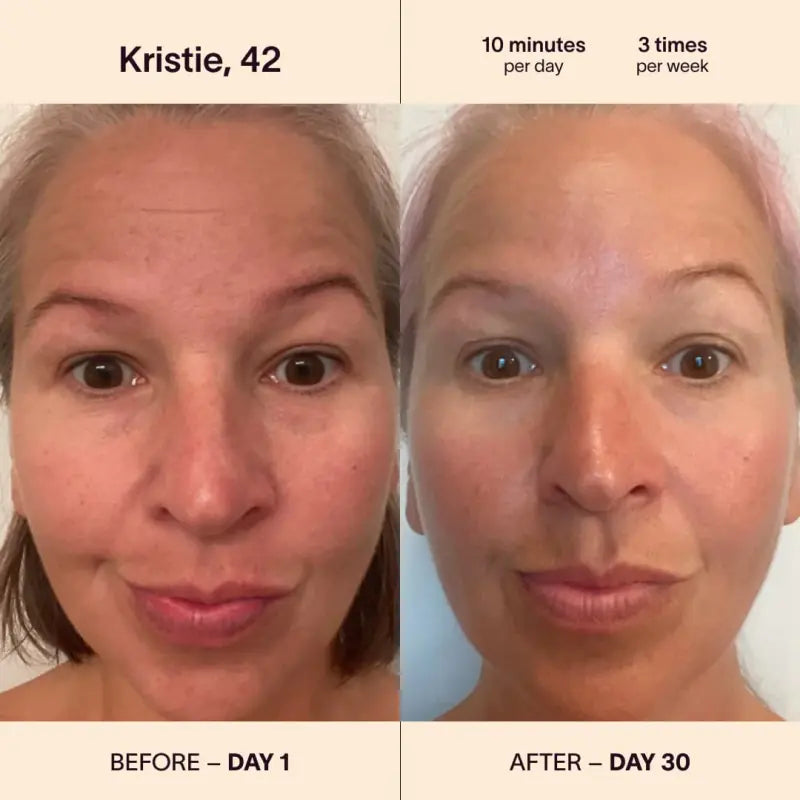If you're like most people
, you probably think of acne as a problem that only affects teenagers. But the truth is, acne can affect people of all ages. One type of acne that can be particularly troublesome is cystic acne.
So what is cystic acne, and what can be done to treat it? In this blog post, we will answer those questions and more!
What is Cystic Acne
Cystic acne is a type of acne that forms when cysts, or small sacs filled with pus, develop in the skin. These cysts can be very large and painful, and they often leave behind scars.
Cystic acne is most common in teenage boys and young men, but it can also affect women and girls of all ages.
Cystic Acne Causes
There are many factors that can contribute to the development of cystic acne. Hormonal changes, such as those that occur during puberty or pregnancy, can increase the production of oil in the skin and lead to clogged pores.
Certain medications, such as steroids and lithium, can also trigger cystic acne. And, in some cases, cystic acne may be hereditary.
Cystic Acne Treatments
In mild cases, over-the-counter medications, such as benzoyl peroxide or salicylic acid, may be enough to clear the skin. For more severe cases, your doctor may prescribe antibiotics or retinoids. In some cases, cystic acne can be treated with surgery.
Some research suggests that
blue light therapy may be an effective treatment for cystic acne. This therapy uses light to kill the bacteria that cause acne, and it can be done in a dermatologist's office or at home with a
Blue Light Therapy device.
How to Prevent Cystic Acne
There are a few things you can do to help prevent cystic acne from developing.
- Avoid triggers that can cause cystic acne, such as certain medications and hormone changes.
- Keep your skin clean by washing twice a day with a mild soap or cleanser. Be sure to remove all makeup before going to bed.
- Don't pick or squeeze your pimples. This can make them worse and lead to scarring.
If you are concerned about cystic acne, or if over-the-counter treatments haven't worked, talk to your doctor. They can help you find the best treatment for your individual needs.
